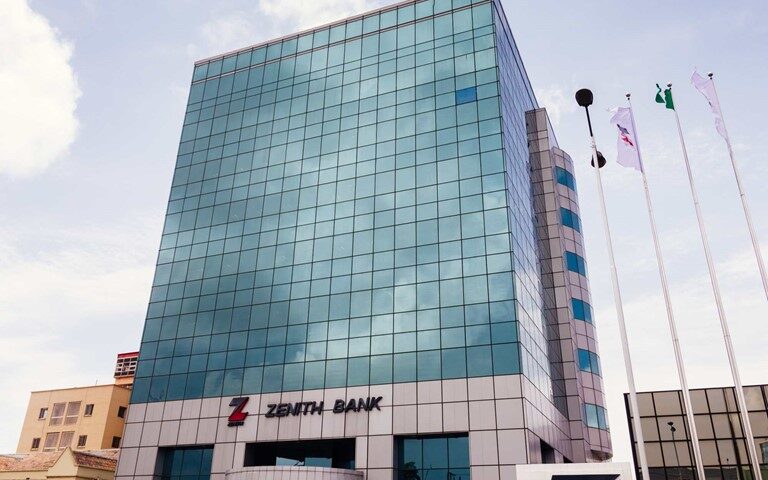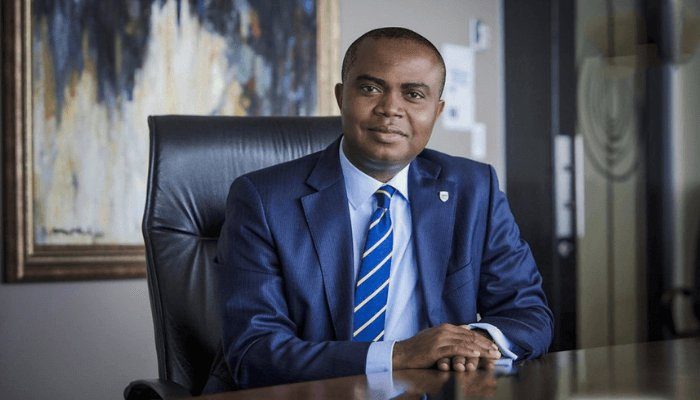Sunday Ehigiator
Civil society organisations (CSOs), opposition party figures, and economic experts have lauded the federal government, and President Bola Ahmed Tinubu for the pace and quality of work on the Lagos-Calabar Coastal Highway, describing the project as a landmark initiative that could redefine Nigeria’s infrastructure and economic growth trajectory.
The commendations came during a project inspection tour in Lagos, led by the Minister of Works, Senator David Umahi, who disclosed that the first section of the 750-kilometre highway, spanning from Ahmadu Bello Way, Victoria Island, to Eleko, would be completed by May 2026.
Umahi noted that 35 kilometres of the stretch had been executed, with 12 kilometres outstanding, and reaffirmed the government’s choice of concrete pavement for durability. He said the second section, from Eleko to Ode-Omi in Ogun State, was already underway.
“Roads and bridges are the infrastructure that build the GDP of every nation,” Umahi said. “President Bola Ahmed Tinubu understands this and has shown the commitment to deliver.”
“Lagos today is an economy within an economy because of such foresight.”
Among those who joined the tour was Otunba Segun Showunmi, a Peoples Democratic Party (PDP) chieftain and policy advocate, who urged Nigerians to rise above partisan divides in supporting legacy projects.
“You cannot develop a nation without a long-term plan,” Showunmi said. “What I have seen so far is commendable. Beyond political differences, we must build consensus for national development. At 65, Nigeria must be in a hurry to model its infrastructure after globally competitive economies like Singapore, India, and the UAE.”
Chairman of Proshare Group, Mr. Olufemi Awoyemi, stressed that the highway was a test case for large-scale infrastructure financing and an alternative route to ease cross-country connectivity.
“This is not just a road,” Awoyemi said. “It is a test case for how Nigeria will finance and manage transformative infrastructure.”
CSO leader Declan Ihekaire, who was among 20 civil society representatives on the tour, praised the government’s openness to scrutiny, urging NGOs to be balanced in their assessments.
“We must not condemn all the time,” he said. “When we see progress, we should commend it. Ultimately, the people benefit from such initiatives.”
Umahi also revealed that the ministry had resolved property-related disputes along the project route and announced that the EFCC and DSS would investigate allegations involving diaspora investments and the WinHomes estate.
Beyond the coastal highway, Umahi listed three other legacy projects designed to connect Nigeria’s regions: the 477-kilometre Trans-Saharan Highway, the 422-kilometre Akwanga–Jos–Bauchi–Gombe Expressway, and the 1,068-kilometre Sokoto–Badagry Superhighway.
He assured Nigerians that periodic briefings and media engagements would continue to provide updates on progress.


